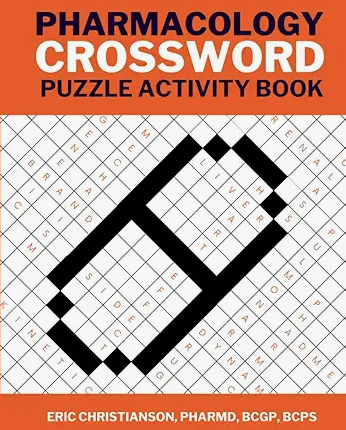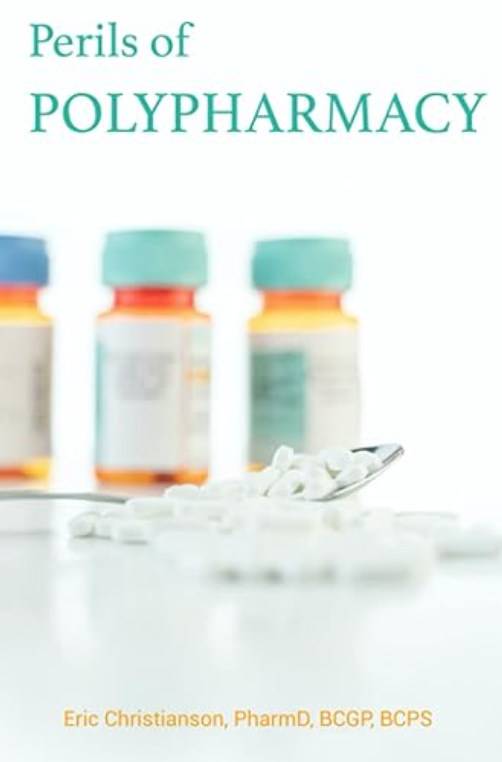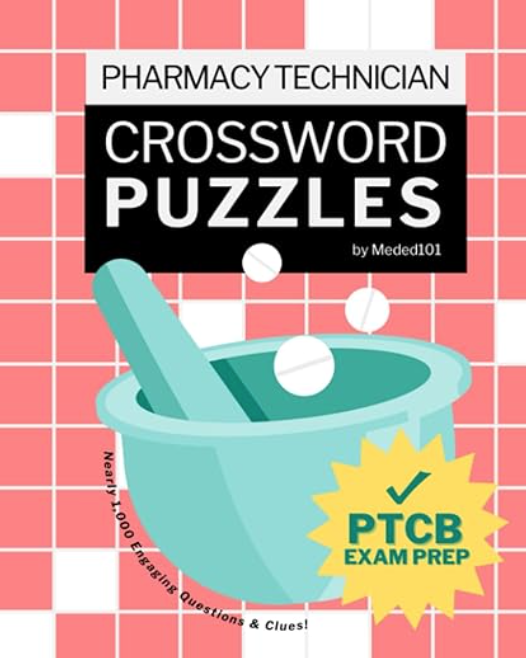In this blog post, I want to share some important SSRI clinical pearls that help clinicians decide which of these antidepressants to use. Note that these clinical practice pearls are good examples of some testable items that may show up on your board exam 🙂
Sertraline is one of the most commonly used agents in pregnancy if an antidepressant is deemed appropriate. In my experience, providers have the greatest experience with using sertraline in pregnancy. It has a decent track record with low to minimal risk of harm to the developing fetus and the mother. In addition, it has been shown to have relatively lower concentrations in fetal circulation (Paulzen et al). If you’d like a deeper dive into all the SSRIs, take a peek at this article.
Paroxetine is on the naughty list for a few reasons. First, it is anticholinergic (or at least more so than other SSRIs). It can contribute to dry eyes, dry mouth, constipation, confusion, and urinary retention. This is particularly problematic in elderly patients. In addition to this concern, it has a relatively short half-life which makes withdrawal symptoms more likely in the event of non-adherence or abrupt discontinuation. It may be a little more sedating as well compared to fluoxetine which tends to be the most activating.
Another one that tops the list of my SSRI clinical pearls is citalopram. Citalopram increases the risk for QTC prolongation. Certain medication interactions exacerbate this. Omeprazole is one of the most commonly used medications for heartburn, GERD, GI ulcers, and other gastrointestinal disorders. It can raise the concentration of citalopram via CYP2C19 inhibition. I’ve tackled this one in the past and you can read further details here.
Fluvoxamine has to be mentioned when discussing SSRIs. I admit that this medication is not used very often, but when it is, you need to be aware of drug interactions. CYP2C9, CYP3A4, and CYP2C19 are all affected by fluvoxamine in one way or another. Here’s a previous article with more examples of this.
Of all the things to pick from, the last of the SSRI clinical pearls I’ll mention is sexual impairment. It is a relatively common adverse effect that healthcare professionals should assess. We do have other antidepressants like bupropion or mirtazapine that have a lower risk for sexual impairment.
There you have, my top 5 SSRI clinical pearls. What else would you put on your list?
- 30 medication mistakes PDF
- 18+ Page Drug Interaction PDF
- 10 Commandments of Polypharmacy Webinar based on my experiences in clinical practice









0 Comments